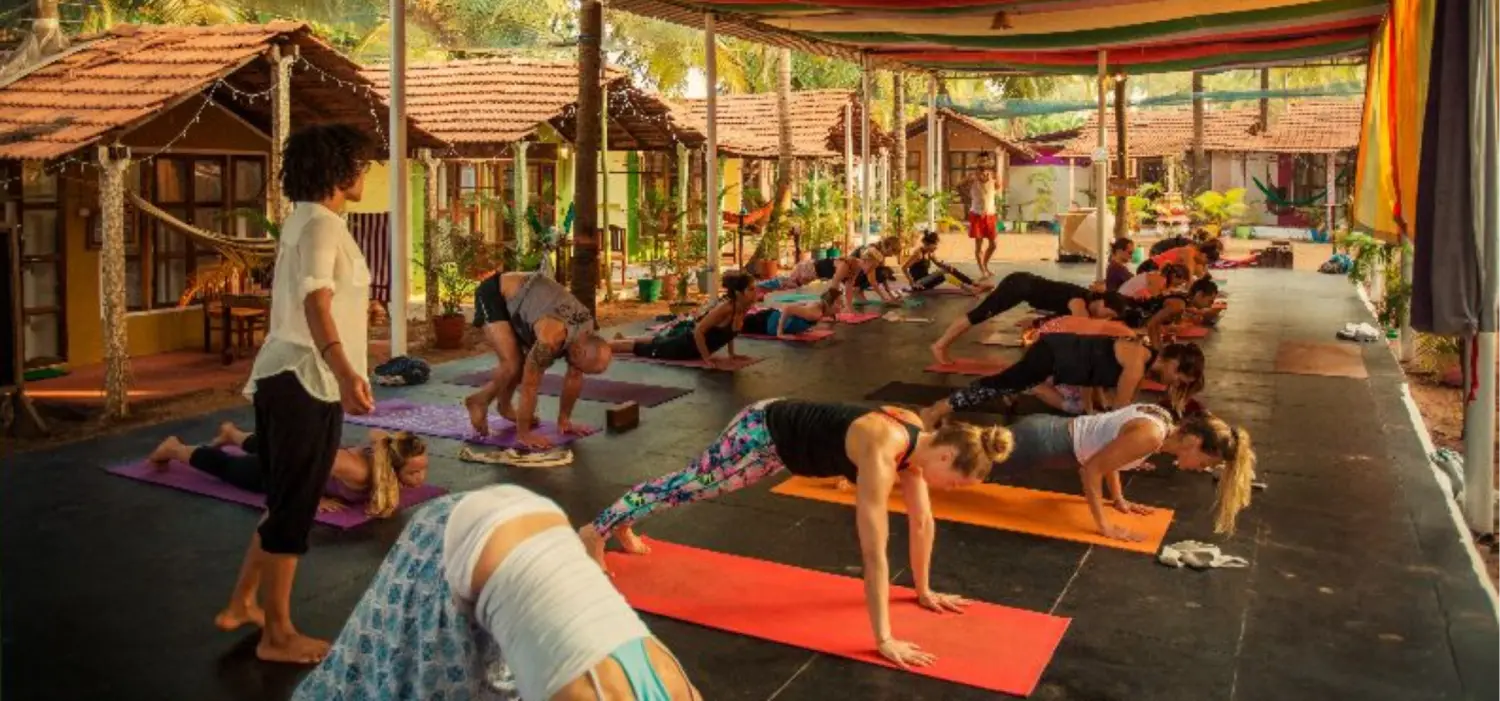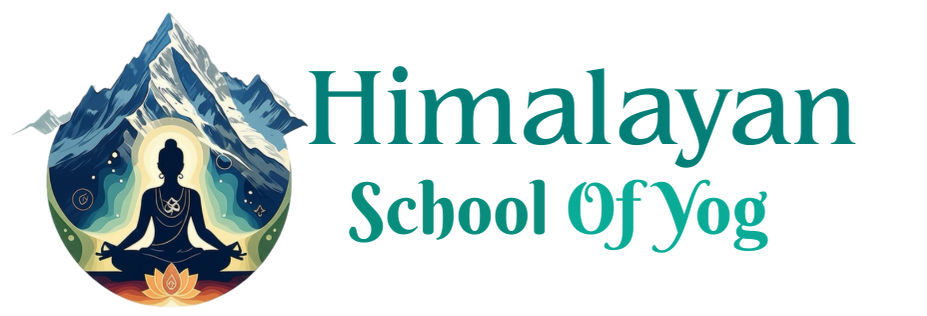Yoga Unveiled: A Brief Dive into its Physical Health Benefits
Improved Flexibility: One of the key advantages of practicing yoga is the enhanced flexibility it offers. Seniors often experience a reduction in joint mobility, and yoga can help counteract this by promoting fluidity and ease of movement.
Enhanced Strength: Gentle yoga poses, coupled with controlled breathing, contribute to improved muscle strength. This is particularly beneficial for seniors looking to maintain or regain strength without putting excessive strain on their bodies.
The Concise Mental Health Benefits of Yoga
In our fast-paced world, the practice of yoga offers more than just physical benefits; it extends a nurturing hand to our mental well-being. Here’s a brief glimpse into the profound mental health advantages that yoga can bring to individuals seeking tranquility amidst life’s chaos.
-
Stress Relief:
- Yoga’s mindful breathing and meditative aspects induce a relaxation response, reducing cortisol levels and alleviating stress.
-
Emotional Balance:
- The practice of yoga encourages self-awareness and emotional regulation, fostering a sense of balance and resilience in the face of life’s challenges.
-
Anxiety Reduction:
- Mindful breathing and specific yoga poses have been shown to alleviate symptoms of anxiety, providing a natural and accessible way to find calmness.
-
Improved Concentration:
- The meditative nature of yoga enhances focus and concentration, contributing to improved cognitive function and mental clarity.
-
Better Sleep Quality:
- Regular yoga practice has been linked to improved sleep patterns, helping individuals experience deeper and more restful sleep.
-
Enhanced Self-Esteem:
- Yoga’s non-judgmental philosophy fosters self-acceptance and self-love, contributing to a positive self-image and enhanced self-esteem.
-
Mind-Body Connection:
- Yoga emphasizes the connection between the mind and body, promoting a holistic approach to mental health that considers both physical and emotional well-being.
Choosing the Right Path: Which Yoga Form Fits Your Wellness Journey ?
Embarking on a yoga journey is a transformative step towards holistic well-being, but with various yoga styles available, finding the right fit can be daunting. Let’s explore some popular yoga forms and how they cater to different wellness needs.
-
Hatha Yoga – Foundation of All:
- Ideal for beginners, Hatha yoga focuses on basic postures and breath control. It provides a gentle introduction to the world of yoga, building a solid foundation for more advanced practices.
-
Vinyasa Flow – Dynamic Movement:
- Vinyasa is a more dynamic form, linking breath with movement. Perfect for those seeking a moderate workout, it enhances cardiovascular health, flexibility, and strength while maintaining a flowing, meditative pace.
-
Iyengar Yoga – Precision and Alignment:
- Precision is the hallmark of Iyengar yoga. With a focus on alignment and the use of props, it’s beneficial for those recovering from injuries or seeking to refine their practice with meticulous attention to detail.
-
Ashtanga Yoga – Progressive Challenge:
- Ashtanga follows a set sequence of poses, fostering strength, flexibility, and focus. Suited for those who thrive on routine and seek a more challenging physical practice.
-
Bikram Yoga – Heat and Sweat:
- Conducted in a heated room, Bikram yoga consists of a series of 26 poses. The heat enhances flexibility and detoxification, making it a choice for those who enjoy sweating it out.
-
Kundalini Yoga – Spiritual Awakening:
- Kundalini incorporates dynamic movements, breathwork, and chanting to awaken spiritual energy. Ideal for those seeking a more spiritual and meditative practice.
-
Restorative Yoga – Gentle Restoration:
- Perfect for stress relief and relaxation, restorative yoga involves passive poses supported by props. It’s an excellent choice for individuals recovering from illness, injury, or those in need of deep relaxation.
-
Yin Yoga – Deep Stretch and Relaxation:
- Yin yoga involves long-held, passive poses targeting connective tissues. Suited for individuals looking to improve flexibility, release tension, and cultivate a meditative mindset.

- The practice of yoga emerges as a rejuvenating elixir, providing a spectrum of mental health benefits that contribute to overall well-being. As individuals age, the challenges of navigating life transitions and managing stress become more pronounced.
- Yoga offers a holistic approach to mental health, seamlessly intertwining physical postures, controlled breathing, and mindfulness techniques. Through regular practice, seniors experience a notable reduction in stress levels, finding solace in the calming embrace of yoga’s meditative aspects.
- This ancient discipline fosters emotional balance by promoting self-awareness, empowering seniors to navigate their emotions with grace and resilience.
- Moreover, the gentle movements and relaxation techniques inherent in yoga contribute to improved sleep quality, addressing common sleep issues that seniors often encounter.
- The positive impact extends to cognitive function, with yoga enhancing concentration and mental clarity, providing seniors with tools to maintain sharpness and focus.
- The practice’s ability to alleviate symptoms of anxiety is underscored by its emphasis on controlled breathing, offering seniors a natural and accessible means of coping.
- Additionally, the social dimension of group yoga classes fosters a sense of community, reducing feelings of isolation and loneliness. Yoga, with its non-competitive and accepting ethos, boosts self-esteem, allowing seniors to appreciate their bodies and capabilities.
- As seniors face the inevitable changes that accompany aging, yoga emerges as a stable and adaptable companion, equipping them with the resilience and mental fortitude to embrace each chapter of life with serenity and grace.
Yoga’s Tranquil Embrace: Nurturing Mental Well-Being for Seniors
- In the serene realm of yoga, seniors discover not just a physical practice but a profound journey into mental and emotional well-being. The practice of controlled breathing, meditation, and gentle movements align to create a therapeutic experience for seniors, offering a respite from the daily stresses that may accompany aging.
- This mindful approach to yoga not only cultivates emotional resilience but also positively impacts sleep patterns, a common concern among seniors. As the body engages in the gentle postures, endorphins are released, contributing to an improved mood and an overall sense of joy and positivity.
- The group setting of yoga classes further enhances the experience, providing seniors with a valuable sense of community and social connection. The mind-body connection fostered by yoga proves instrumental in promoting self-awareness, allowing seniors to navigate the intricate landscape of their emotions with a newfound sense of ease.
- Beyond the physical and mental aspects, yoga becomes a sanctuary for self-acceptance and appreciation, boosting self-esteem and encouraging seniors to embrace their bodies and abilities. In the face of life’s transitions, yoga stands as a steadfast companion, offering not just physical flexibility but a resilient mindset to gracefully confront the changes that accompany the golden years.
- It’s in this amalgamation of breath, movement, and mindfulness that seniors find not just a workout but a holistic tonic for their mental and emotional well-being
For Online course, visit – www.krantiyoga.in



